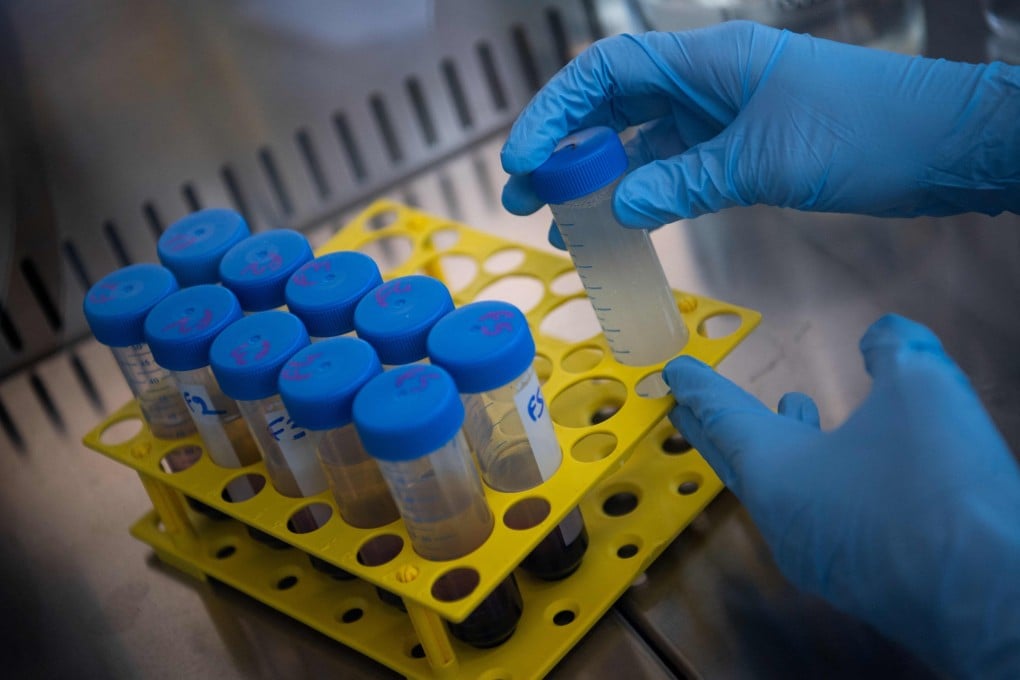China backs IP waiver for coronavirus vaccines
- Beijing says it supports demand from developing world, adding to international backing
- But it is unclear if China is in favour of lifting intellectual property restrictions on all Covid-19 related medical products


02:06
After ramping up vaccination drive with incentives, China administers 200 million Covid-19 shots
The statement is the strongest backing yet from Beijing for a controversial proposal from India and South Africa, for the World Trade Organization to waive IP restrictions on Covid-19 related medical products.
The proposal, backed by more than 100 mostly developing countries, is not limited to vaccines but calls for all Covid-19 medical products to be included under a waiver. A revised version is expected to be discussed at a WTO meeting early next month.
However on Monday, Zhao only referred to vaccines, and it was not clear whether it meant China supported the broad waiver for medical products.
The Ministry of Commerce was more muted last week, saying Beijing supported the WTO proposal “entering text-based negotiations”.